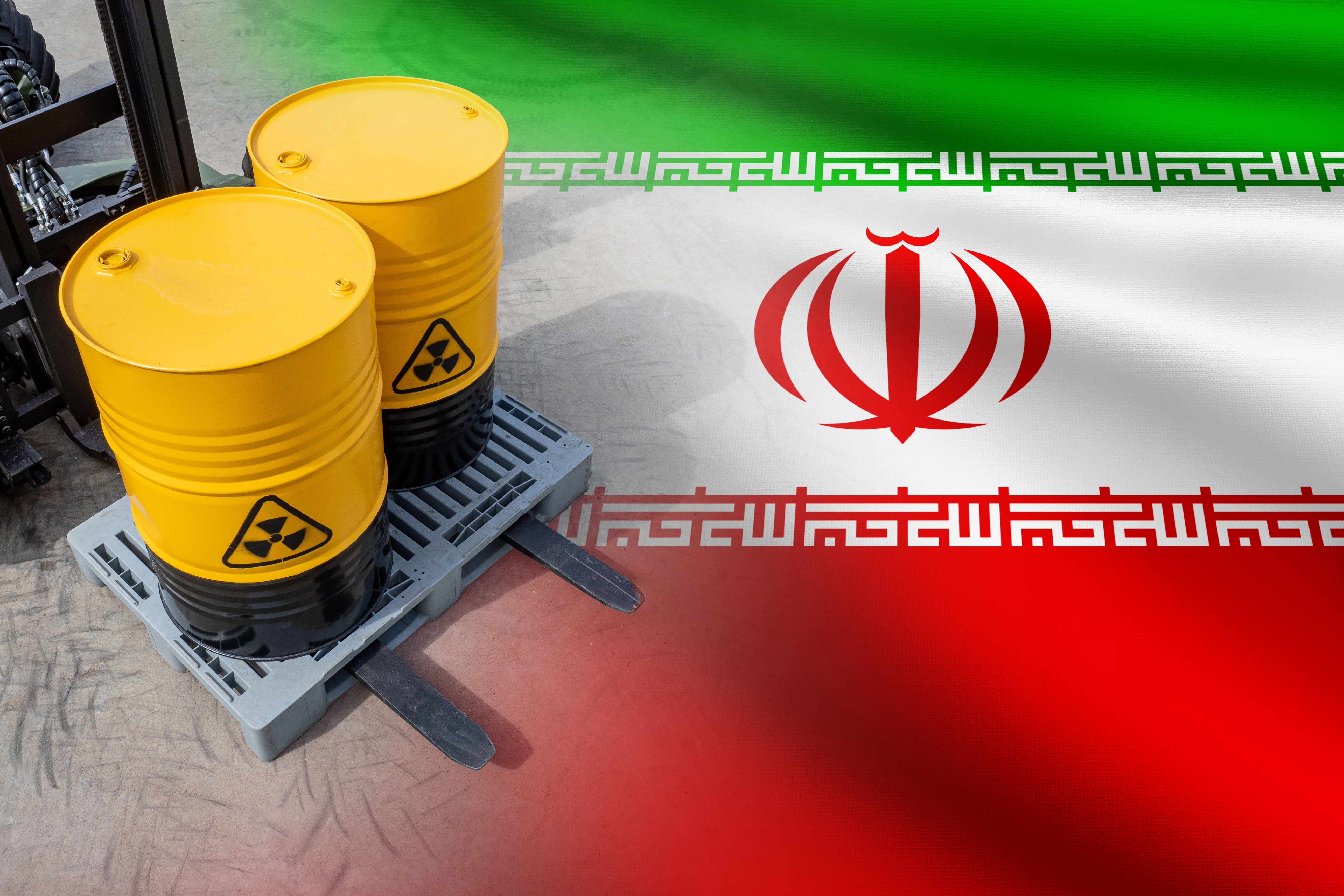Bombshell Report: Iran Secretly Amassed Enough Uranium for 9 Bombs
A damning IAEA report exposes Iran’s secret nuclear tests and 408.6 kg of 60% enriched uranium, enough for nine bombs, raising global alarm. Netanyahu urges world to "act now."

A new International Atomic Energy Agency (IAEA) report has revealed that Iran conducted clandestine nuclear activities at three undeclared site, Lavisan-Shian, Varamin, and Turquzabad, until the early 2000s, including 2003 tests of a detonator designed for nuclear weapons. The report, described as “comprehensive” and requested by the IAEA’s 35-nation Board of Governors, confirms that Iran failed to declare nuclear material and activities at these locations, violating its obligations under the Nuclear Non-Proliferation Treaty (NPT).
The IAEA also reported that Iran’s stockpile of uranium enriched to 60% purity has grown to 408.6 kg as of May 17, 2025, enough to produce nine nuclear bombs if further enriched to 90%, a level suitable for weapons. This makes Iran the only non-nuclear-weapon state producing such highly enriched uranium, raising “serious concern” among IAEA officials.
The report details Iran’s lack of cooperation with the IAEA, noting “less than satisfactory” responses to inquiries about uranium traces found at the undeclared sites. At Lavisan-Shian, a uranium metal disc was used in 2003 to produce explosively-driven neutron sources, a component critical for initiating a nuclear explosion. Nuclear material was also stored at Turquzabad between 2009 and 2018, a site Netanyahu publicly exposed in 2018 as a “secret atomic warehouse.” Iran denied these claims, but IAEA inspectors detected manmade uranium particles there in 2019.
Iran’s foreign ministry dismissed the report as “politically motivated” and vowed to take “appropriate measures” if the IAEA Board of Governors, meeting the week of June 9, declares Iran non-compliant, pushed by the U.S., Britain, France, and Germany. Such a resolution, the first in nearly 20 years, could lead to Iran’s referral to the UN Security Council, escalating tensions and potentially derailing ongoing nuclear talks with the U.S.
U.S. President Donald Trump, speaking yesterday, expressed optimism about reaching a new nuclear deal with Iran, stating, “They don’t want to be blown up. They would rather make a deal.” However, Iranian officials have rejected speculation of an imminent agreement, insisting that any deal must lift all sanctions and allow their nuclear program to continue.
While U.S. intelligence agencies assess that Iran has not yet restarted a formal weapons program, they note that Tehran has undertaken steps that position it to produce a nuclear device if it chooses. IAEA Director General Rafael Grossi has called for Iran to fully cooperate with the agency’s investigations, warning that its current stockpile of near-weapons-grade uranium poses a significant risk.
Israeli Prime Minister Benjamin Netanyahu, in a rare statement issued on Saturday, urged the international community to “act now to stop Iran,” asserting that Iran’s nuclear program is not peaceful and that its enrichment levels have “no civilian justification.” Netanyahu’s office pointed to the report’s findings as evidence of Iran’s intent to develop nuclear weapons.